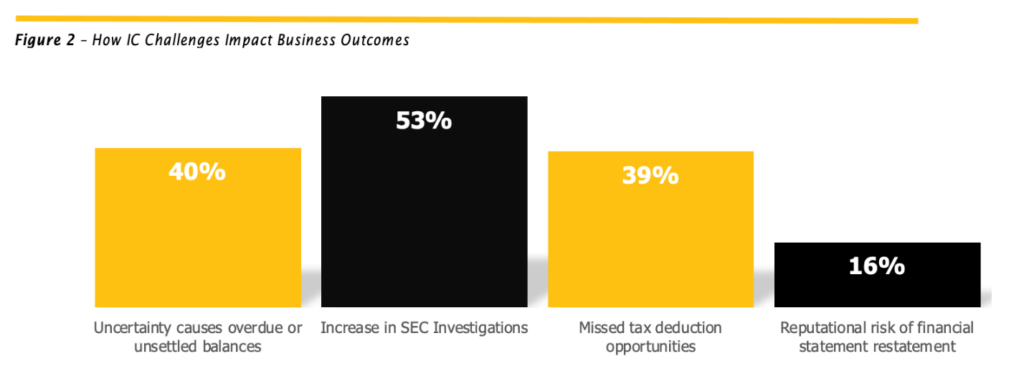In today’s fast-paced and unpredictable economic landscape, businesses must be equipped to weather financial storms and emerge stronger. One critical aspect of financial resilience is effective management of accounts receivable (AR) and credit risk. Traditional approaches to AR reporting often lack real-time insights, leading to inaccurate cash forecasting, extended payment terms, and delayed collections. However, by embracing AR intelligence through automation and data analytics, businesses can optimize cash flow, make informed credit decisions, and enhance collections strategies.
The Power of AR Intelligence
AR intelligence is revolutionizing the way businesses manage their financial operations. By integrating automation and artificial intelligence, AR intelligence platforms streamline data collection, analysis, and reporting processes. These platforms provide real-time payment data, customer payment behavior insights, and debtor performance information, enabling financial decision-makers to access critical information at their fingertips. With automation handling time-consuming manual tasks, finance teams can focus on strategic decision-making and respond swiftly to market changes.
Optimizing Cash Flow with Payment Forecasting
Cash flow is the lifeblood of any business, and accurate payment forecasting is crucial to ensure its smooth operation. AR intelligence utilizes historical payment data to predict future payment patterns and identify potential cash shortfalls. Armed with reliable forecasts, businesses can make better-informed decisions on spending, investments, and overall financial planning. This level of insight empowers treasurers and credit collections teams to allocate resources efficiently, analyze the effectiveness of collection strategies, and improve cash flow.
Efficient Collections Strategies through Data Analysis
Collections teams face the challenge of managing the entire customer portfolio with limited resources. AR intelligence resolves this issue by providing in-depth data analysis of customer payment behavior and outstanding debts. Collections efforts can be targeted based on high-value accounts or invoices with a higher likelihood of success. This targeted approach improves debt recovery, optimizes resource allocation, and enhances cash flow.
Mitigating Credit Risk with Real-Time Assessment
Understanding customer payment behavior is essential in managing credit risk effectively. AR intelligence leverages real-time payment data and advanced analytics to assess customer creditworthiness accurately. Businesses can make informed credit decisions, monitor customer credit risk in real-time, and adjust credit policies to align with their risk tolerance and objectives. This proactive approach mitigates the risk of bad debt and strengthens customer relationships.
Proactive Dispute Resolution
Customer disputes can hinder cash flow and damage relationships. AR intelligence offers comprehensive insights into customer behavior and historical interactions, enabling businesses to identify dispute trends and expedite resolution processes. By addressing underlying problems proactively, businesses can prevent future disputes and maintain positive customer relationships.
Building financial resilience is imperative for businesses to thrive amidst economic uncertainties. AR intelligence, fueled by automation and data analytics, empowers organizations to optimize cash flow, manage credit risk, and enhance collections strategies. By harnessing the power of real-time insights, finance leaders, credit teams, and collections teams can make informed decisions and steer their businesses through challenges while seizing growth opportunities.
Embracing AR intelligence is not just a trend; it is a strategic move to stay ahead in a dynamic market. As the economic landscape continues to evolve, businesses that embrace AR intelligence will be better equipped to navigate change, build financial resilience, and position themselves for long-term success. With the right tools and mindset, the journey towards financial resilience is within reach for every business.
Learn more about AR intelligence. Download BlackLine’s whitepaper, How to Build Financial Resilience Through AR Intelligence.









